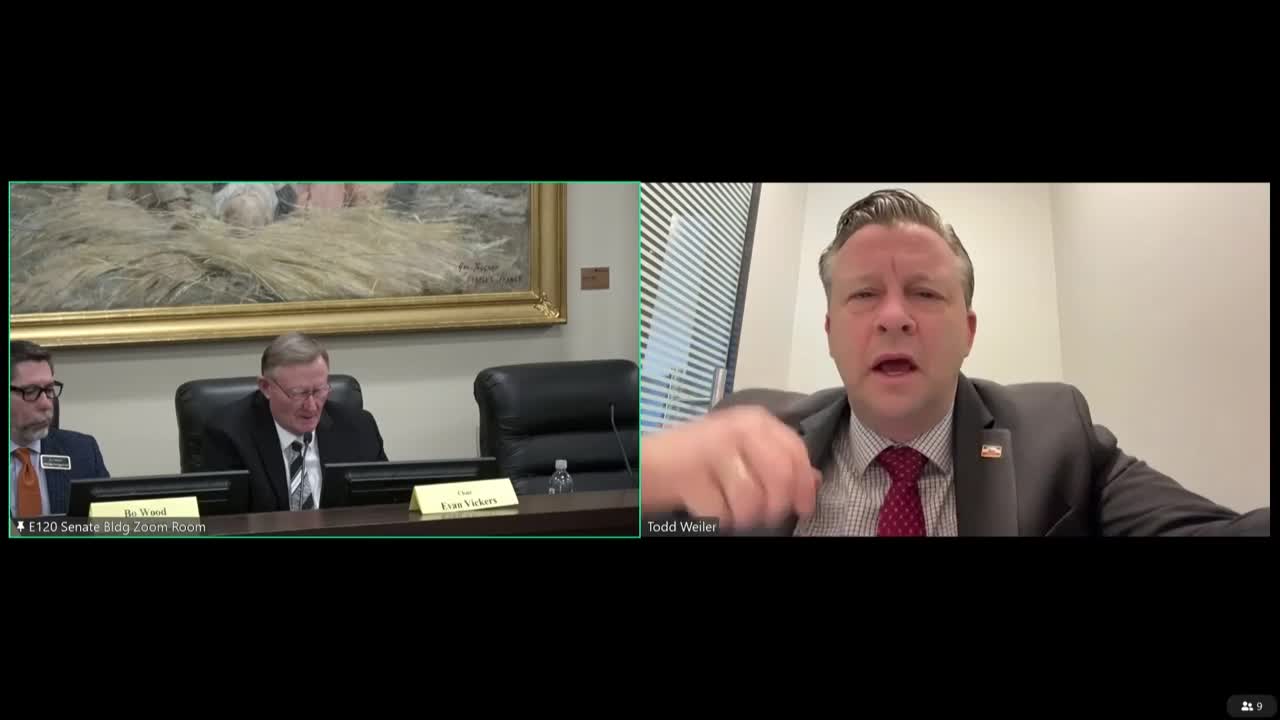Committee endorses bill letting constables set payment plans instead of seizing property
Get AI-powered insights, summaries, and transcripts
Subscribe
Summary
Senate Bill 313 would allow constables to establish payment schedules with judgment debtors in lieu of seizing property and clarifies reporting when constables operate outside their county; the committee voted to favorably recommend the measure and the sponsor said a clarifying floor amendment may follow.
Senate Bill 313, which would allow constables to offer payment schedules to judgment debtors instead of immediately seizing property and clarifies certain out-of-county reporting requirements, was favorably recommended by the Utah Senate Business and Labor Standing Committee on Feb. 25.
Sponsor Senator Chris Weiler explained constables are deputized by counties and sometimes handle executions and collections when sheriffs are delayed or unavailable. The bill would add authority for constables to "establish a payment schedule with the individual in lieu of seizing property," and would add constable payment-schedule activities to the list of actions that require contacting the sheriff when performed outside a constable's county of deputization.
John Scent, a longtime former constable from Salt Lake County, testified in support and asked the committee to remove a redundant reporting requirement. Scent said constables often serve orders, return to the office, and then negotiate payment plans with debtors. "We can't make payment arrangements until you serve the order ... Then next step is we try to find out ... to try and determine what really assets may be in that house," Scent said, arguing the duty to notify an out-of-county sheriff about payment arrangements is cumbersome and unnecessary.
Senator Vickers moved to favorably recommend SB 313 and said he would work with Scent on a clarifying amendment on the floor if the bill passed. The committee voted to favorably recommend the measure; the chair recorded the motion as passing unanimously (4–0).
The bill preserves that constables remain deputized by county authority and does not change core limits on operating outside a deputized county; it only adds payment-schedule activity to the enumerated list of actions and clarifies reporting protocols. Committee discussion included examples of small judgments (a $600 example) and concerns about practical collection options such as wage garnishment, bank garnishment, and garnishing state tax refunds.
